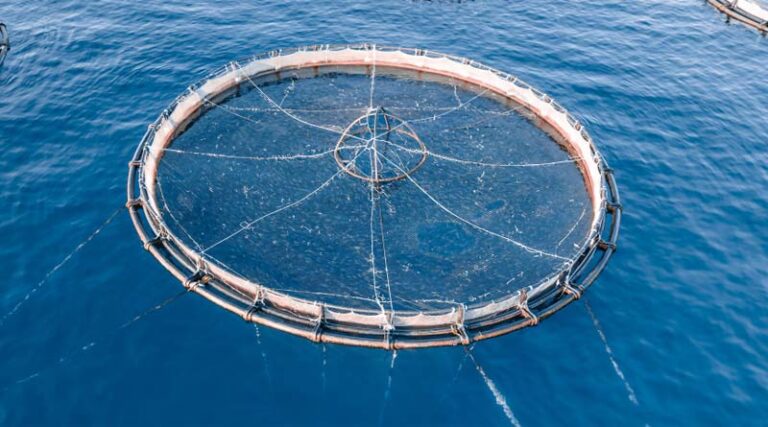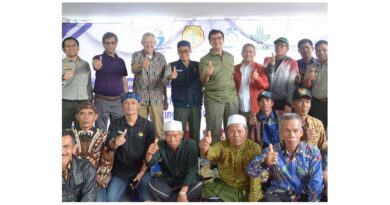
Media Statement on Intervention in Northwest Aquaculture Alliance v. Washington State Department of Natural Resources
26 June 2025, US: In August 2017, a devastating net pen aquaculture collapse at a facility maintained by Cooke Aquaculture in Puget Sound released an estimated 250,000 non-native and viral-infected Atlantic salmon into Puget Sound. While this spill was unprecedented for Washington State waters, it followed an abysmal track record of industrial aquaculture’s harms globally, where fish spills are chronic and inevitable, including more than 25 million escaped aquaculture fish worldwide between 1996 and 2012. This can happen from multiple causes such as equipment failure, human error, or storms. Escaped aquacultured fish harm already depleted wild ocean fish stocks in myriad ways, including competing for food and habitat, spreading viruses and disease, and inbreeding. Industrial aquaculture causes other well-established environmental and socioeconomic harms as well, including ocean pollution from drugs, chemicals, and fish waste; forage fish overfishing to make fish meal and oil; broader ecological effects on marine wildlife; and harm to traditional and indigenous fishing cultures and communities. Notably, while some U.S. state waters permit aquaculture, efforts to establish an industrial aquaculture industry in U.S. federal waters (from 3–200 miles off all U.S. shores) have been repeatedly struck down by the courts as lacking legal authority and failing to assess the environmental impacts. Two countries, Denmark and Argentina, have banned their prior aquaculture industries due to adverse impacts.
Following that catastrophic 2017 incident, Washington State banned the farming of non-native fish in 2018. Then, in 2022, Washington State banned all commercial finfish net pen aquaculture in state marine waters, resulting in the complete removal of the industry. In January 2025, the Washington State Department of Natural Resources issued its final rule after a thorough rulemaking process and citing the negative impacts from commercial finfish net pen aquaculture to Washington waters and protected species. In February 2025, the Northwest Aquaculture Alliance, a pro-industrial aquaculture Pacific Northwest trade association including Cooke Aquiculture, filed a lawsuit challenging the final rule.
In May 2025, Wild Fish Conservancy (WFC) and Center for Food Safety (CFS), two conservation organizations that have long worked to address the adverse impacts of industrial aquaculture, intervened in the case to defend the Washington State rule. The Intervening groups are represented by counsel from Kampmeier & Knutsen and CFS.
Statement of Emma Helverson, Executive Director of Wild Fish Conservancy: “Washington made history by completely removing and permanently banning this dangerous industry from our public waters. This decision is backed by overwhelming science and is the direct result of over a decade of public engagement, Indigenous leadership, and environmental advocacy. We’re intervening not only to protect the health of Puget Sound, but to defend the will of the public and to set a model for communities worldwide to ensure this dangerous industry becomes a thing of the past—not just in Washington, but in every region where this industry harms our waters, wildlife, and communities.”
Statement of George Kimbrell, Legal Director of Center for Food Safety: “The Washington net pen prohibition is a vital and fully warranted protection for Washington State waters that we are resolved to protect. And it is also important as a precedent for other states and decisionmakers: aquaculture’s hype is a far cry from its damaging reality, as global experiences reveal.”
Also Read: Five Indians Recognized in 2025 Top Agri-Food Pioneers List by World Food Prize Foundation
📢 If You’re in Agriculture, Make Sure the Right People Hear Your Story.
Have a story the global agriculture industry should hear? From product launches to strategic announcements, Global Agriculture offers unmatched visibility across international agri-business markets. Connect with us at pr@global-agriculture.com to explore editorial and advertising opportunities that reach the right audience, worldwide.






